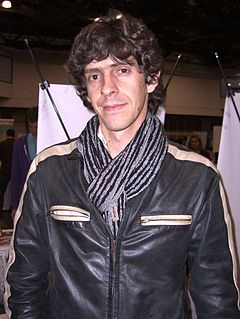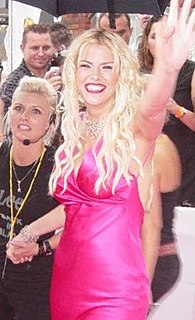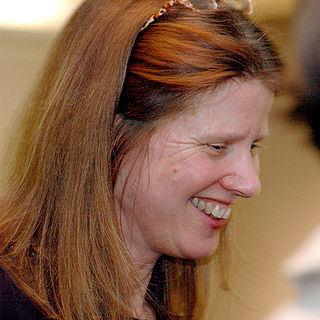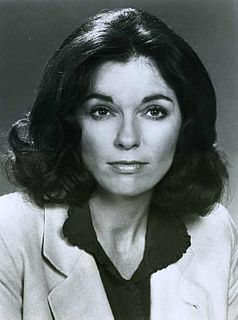A Quote by Yevgeny Zamyatin
A man is like a novel: until the very last page you don't know how it will end. Otherwise it wouldn't be worth reading.
Related Quotes
I have rarely read a more wonderful book than To Win Her Favor by Tamera Alexander. Rich with historical detail and fully developed characters, this novel held me spellbound until the last page. If you read one historical novel this year, make it To Win Her Favor. It will linger with you long after the last page.
But, you have to watch them in order. That's very important because, as it turns out, stories have to be told in order. It's like reading a novel. There are times when it's tiring. And then, you get hooked and it's a page-turner, and you really want to keep reading. I do think there will be some fatigue that sets in.
In reading a novel, any novel, we have to know perfectly well that the whole thing is nonsense, and then, while reading, believe every word of it. Finally, when we're done with it, we may find - if it's a good novel - that we're a bit different from what we were before we read it, that we have changed a little... But it's very hard to say just what we learned, how we were changed.
I think one of the problems in determining the ending for a television series is that you don't know how long the show is gonna last. Particularly because we were in the unique position of adapting Tom's Perrotta novel The Leftovers, it always felt like the first season was gonna end with the end of Tom's novel, and then we would figure things out from there and look back.
We plant a tree that won't be big enough to climb until we're too old to climb trees, we write constitutions to protect the rights of people who won't be born for another hundred years and may not be worth the trouble anyway, and we try to take care of our sick, though we all suffer from a disease for which there is no cure and no hope for one. We will not last and we know we will not - and still we write, carve, build, paint and plant to last. We are, it seems to me, very, very brave.






































